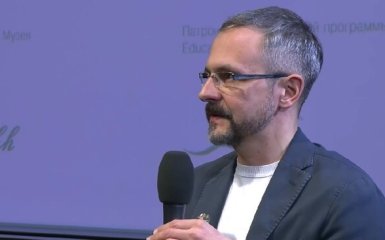The Estonian Internal Security Service detained a Russian scientist in Tartu, who is suspected of espionage directed against Estonia in favour of Russia. The media reports that he is Vyacheslav Morozov, who has worked as a professor of international political theory at the University of Tartu since 2010. Estonia's Internal Security Service detained the professor on January 3 but only now released a statement on the investigation.
A Russian professor in Estonia was arrested for espionage to Moscow
The intelligence interest of the aggressor in Estonia remains significant. This recent case follows several dozen others and illustrates the desire of the Russian special services to infiltrate various spheres of life in Estonia, including scientific circles, said the Director of the Service, Margo Polloson.
The head of the Johan Skitte Institute for Political Studies at the University of Tartu, where Morozov worked until recently, Kristina Tynisson wrote to the graduates that the Russian professor had been released after being detained.
We had no reason to question Vyacheslav Morozov's previous work, but in the light of new knowledge it is important to critically review it, she added in the letter.
POLITICO notes that Estonian authorities have already rounded up locals suspected of spying for Russia, but this is the first time such charges have been brought against an "exiled Russian scientist."
What is known about the professor
51-year-old Morozov is a political scientist, candidate of historical sciences, and well-known in scientific and opposition circles of Russia. His main research interests are theory, criticism of postcolonialism, ideology and discourses in Russia, and relations between the EU and Russia. He often appeared in the Russian mass media, commenting on the war in Ukraine.



